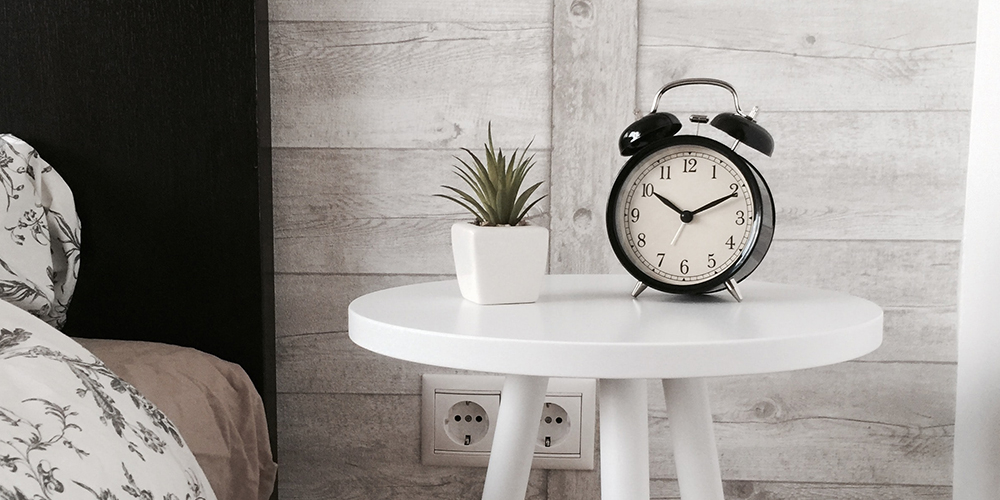How often do you feel like sleeping more when you first wake up? This desire to sleep more for a few extra hours is quite common among most of us. Despite snoozing the alarm once or twice, why aren’t we able to wake up ‘sleep sufficient’?
According to a global survey conducted by Philips Healthcare, 87% recognize the importance of sleep for their physical well-being and 86% for their mental well-being. But what exactly is stopping us from sleeping well?
“We know we need it, but don’t get enough of it.”
Certain lifestyle habits that we have cultivated over years have affected our sleep cycles. While these habits are hard to change, some simple hacks can help you sleep well. So, here are four simple hacks to help you sleep better:
Creating the perfect sleep environment:
The perfect physical setup for sleep is what we can call a CQD environment i.e., Cool, Quiet & Dark. An environment like this isn’t hard to achieve.
To cool your room to an optimal temperature, enable a decent cross-ventilation system. Another way of achieving this is by using blackout curtains which block the sunlight and naturally insulate the room.
However, the quietness in your room isn’t about eliminating all the noise. White noise is an ambient sound which is great for sleep. Ceiling fans, humidifiers, and ventilation systems serve as a great source for white noise. Replacing mellow dim lights for stimulating lights in the night can make a huge difference in your sleep quality.
Eating right to sleep well
Eating right not only helps for the overall nourishment of your body but plays a very important role for a good night’s sleep. Food items rich in Vitamin B6, calcium, and magnesium help in converting serotonin to melatonin, the sleep-inducing hormone. Some foods rich in these nutrients are:
- Leafy Greens
- Cheeses
- Yoghurt
- Bananas
- Pistachio Nuts
While there are foods that promote sleep, there are also foods that lean towards the opposite end. Caffeine rich foods and drinks are highly consumed to stay fresh and active. But they end up interfering with sleep. Heavy meals before bedtime also take a toll on our sleep and should be avoided.
A good workout to sleep better
It is well-known that biological responses to exercise aid in better sleep. However, you need to be mindful of the following:
- Duration of the exercise
- The right time of exercise
The duration of exercise has always been a very tricky discussion topic. The National Institute of Health and the American Heart Association recommend a minimum of 150 minutes exercise a week, that is 30 minutes for 5 days a week. Exercise tires your body which in turn helps you sleep well. While we speak about duration, the time of the day when you exercise is also important. Exercising just before bedtime is not advisable as your heart rate is elevated which hinders sleep. The ideal time for a good workout session is either in the morning or 3-4 hours before bedtime.
‘Eat. Sleep. Exercise. Repeat’







Leave A Comment